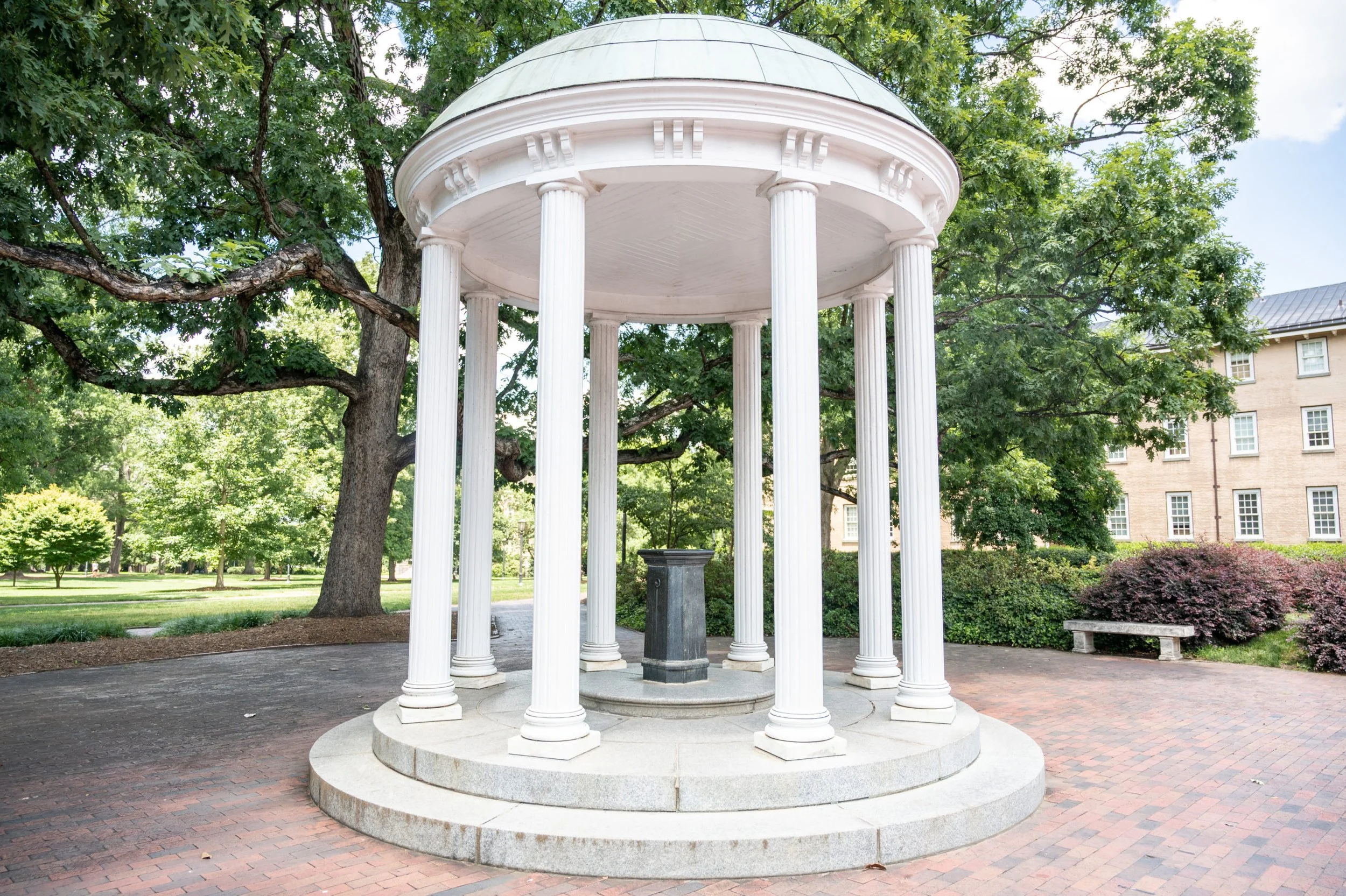Appeals Court to decide whether UNC, NCSU should refund student fees from COVID shutdown
By Donna King, Carolina Journal
The N.C. Court of Appeals will decide in the weeks or months ahead whether students from N.C. State University and the University of North Carolina at Chapel Hill can sue their schools for refunds of student fees.
A trial judge ruled in June that the students can move forward with a breach-of-contract claim.
NCSU graduate student Joseph Lannan and UNC-CH undergrad Landry Kuehn argue their schools should have refunded fees last year after blocking students from accessing services tied to those fees.
The lawsuit distinguishes UNC's two flagship schools from the rest of the state university system.
"In the fall semester of 2020, despite the pandemic, 14 of the 16 constituent universities continued campus life, keeping campus facilities open," according to a brief from Lannan and Kuehn's attorneys. "However, two universities, North Carolina State University (NCSU) and the University of North Carolina at Chapel Hill (UNC-CH), shut down their campuses, evicted students (other than athletes) from campus, shuttered student unions and recreation facilities, canceled all arts performances, and banned access to sporting events. NCSU and UNC-CH had charged student fees for many of the activities they shut down."
"Flouting the constitutional mandate that the people have access to the University free of expense 'as far as practicable,' Defendant Board of Governors refused to refund a penny of the millions of hard-earned dollars it collected from students for services it never provided," the brief continued.
"Notably, this is not a case in which Plaintiffs complain about the quality of education they received, or even the quality of non-educational services," according to the brief. "Rather, Plaintiffs contend that they paid for specific services and Defendant’s institutions outright failed to provide those services."
Among Lannan's fees at N.C. State were $439 for computer and science labs, $407 for the student health center, and $232 for campus sporting events. Kuehn's UNC-CH fees included $442 for education technology on campus, $201 for student transit, and $159 for student union operations.
"As a result of NCSU’s and UNC-CH’s unnecessary campus closures, Plaintiffs were deprived of the use and benefit of all of the above facilities," according to the students' legal brief. "Further, because the campuses were essentially locked down, Plaintiffs got no benefit from either the campus bus system or from campus parking for which they had paid fees."
"Despite depriving Plaintiffs and tens of thousands of other students of the services, benefits, and opportunities for which they paid, Defendant has refused to refund a penny of student fees."
Lannan and Kuehn argue that their payment of fees to the schools created an "implied-in-fact contract." Failure to provide services funded by fees amounted to a breach of that contract.
The students also have advanced a "Corum claim." Based on a 1992 N.C. Supreme Court ruling, such a claim would allow the students to sue over violations of their constitutional rights.
A trial court rejected the constitutional claim but has allowed the breach-of-contract complaint to move forward. The universities' attorneys argue before the Appeals Court that the contract claims also should be thrown out.
"Plaintiffs’ brief establishes what their real claim is," according to a response from UNC attorneys. "They are upset at the decisions made at UNC-Chapel Hill and NC State University about the mode of instruction. They make this point quite clear."
"The wisdom of those decisions, however, is not before this Court," the universities' brief continued. "The attacks on the judgment exercised by Defendant do not support contract claims. They are, rather, an attempt to litigate issues about the 'educational processes' employed in response to the COVID-19 pandemic. That, however, is not a cognizable claim in North Carolina."
A claim that is not "cognizable" cannot be heard and determined by a court.
The latest documents in the case, Lannan v. Bd. of Governors of the Univ. of N.C., were filed Dec. 20. There's no word on when the Appeals Court will decide the case.



